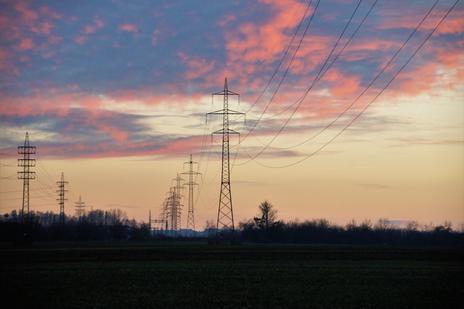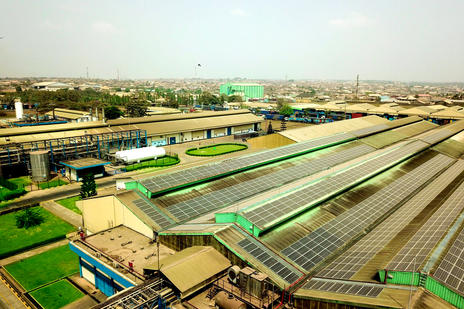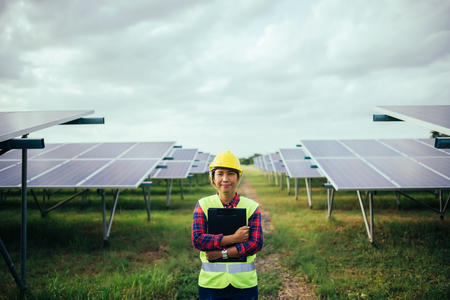
The price of gas, coal and electricity has soared globally over the past six months
Analysts predict that energy prices could continue to increase into 2023 and beyond. The start of the pandemic saw a sharp drop in energy consumption leading to record low fuel prices but as global economies are rebounding, the cost of electricity is going through the roof. This, combined with a cold winter in the Northern Hemisphere and gas supplies not meeting demand, has put financial strain on businesses and means that blackouts are becoming increasingly frequent in countries around the world.
For some, the always-on availability of traditional fossil-fuel sources has led analysts to point to renewables as disrupting the electricity market, leaving it open to shock. But as the International Energy Agency states, it is “inaccurate and misleading” to leave the responsibility of market volatility to the clean energy sector. Sourcing renewables enables businesses to gain a reliable supply of electricity at a stable cost.
Our recent report found that 45% of the electricity being used by our members comes from renewable electricity sources. RE100 members are navigating volatile electricity markets and unstable power supplies by installing solar roofs, striking long term deals with providers, and becoming less reliant on fossil fuels. For our members, sourcing clean power is the right economic decision not just for their global business operations but for the climate, with a multitude of benefits.
"Electricity markets tend towards liberalization, giving companies more control over their electricity supplies. This allows companies to begin voluntarily procuring renewable electricity where they previously could not credibly claim its use."
"Electricity markets tend towards liberalization, giving companies more control over their electricity supplies. This allows companies to begin voluntarily procuring renewable electricity where they previously could not credibly claim its use."

Unpredictable cost of electricity can be overcome by changing your renewable sourcing strategy
Software company VMware procures 100% of its power from renewable sources for its global operations and has found that it is challenging to source renewables at a stable price. Historically, VMware has relied on the use of Renewable Electricity Certificates (RECs) to fulfil the distributed demand of its US offices. However, recently the cost of RECs has doubled, partly in response to the sky rocketing prices of fossil fuel generated power. In response, VMware is evaluating the execution of a Virtual Power Purchase Agreement (VPPA) which would cover its entire US electricity demand under one deal. For VMware, procuring renewable electricity through VPPAs means it can lock in a consistent price for the future.
As part of its commitment to renewable electricity, VMware has developed a community microgrid on its Palo Alto, California, headquarter campus. The microgrid provides the company with clean, reliable electricity whilst serving as a back-up source to the community in the case of an outage. The microgrid can operate independently whilst, in the case of emergency, it can provide emergency services with a back-up power source. With severe weather events and wildfires in California becoming more intense, this is a much-needed resource for the community and the business.

Solar roofs provide a constant supply of clean power
Nigeria is known for an unreliable supply of electricity, presenting supply issues for Heineken’s Nigerian brewery. Although the country has the largest population and economy in Africa, its electricity consumption is 80% below predicted levels based on population and income. Nigeria’s national grid is not meeting its national power demand leading to many people and businesses generating their own power, mostly with diesel generators.
But Heineken has installed a large solar roof, which is supported by battery storage, allowing the business to move away from the use of dirty diesel generators. The solar roof produces 50% of the brewery’s daytime electricity needs, immediately eliminating carbon emissions from diesel generators and providing a consistent supply of clean power.

RE100 members are insulating themselves from market shocks by sourcing renewable electricity
It may be challenging to source renewables in some markets, but relying on fossil fuel generated power is increasingly proving untenable. Businesses need a reliable supply of electricity at a consistent and competitive price. RE100 members are showing that sourcing renewables is not just the right choice for the climate, but for their business too.
If you’re interested in becoming an RE100 member then get in touch with us at info@re100.org



